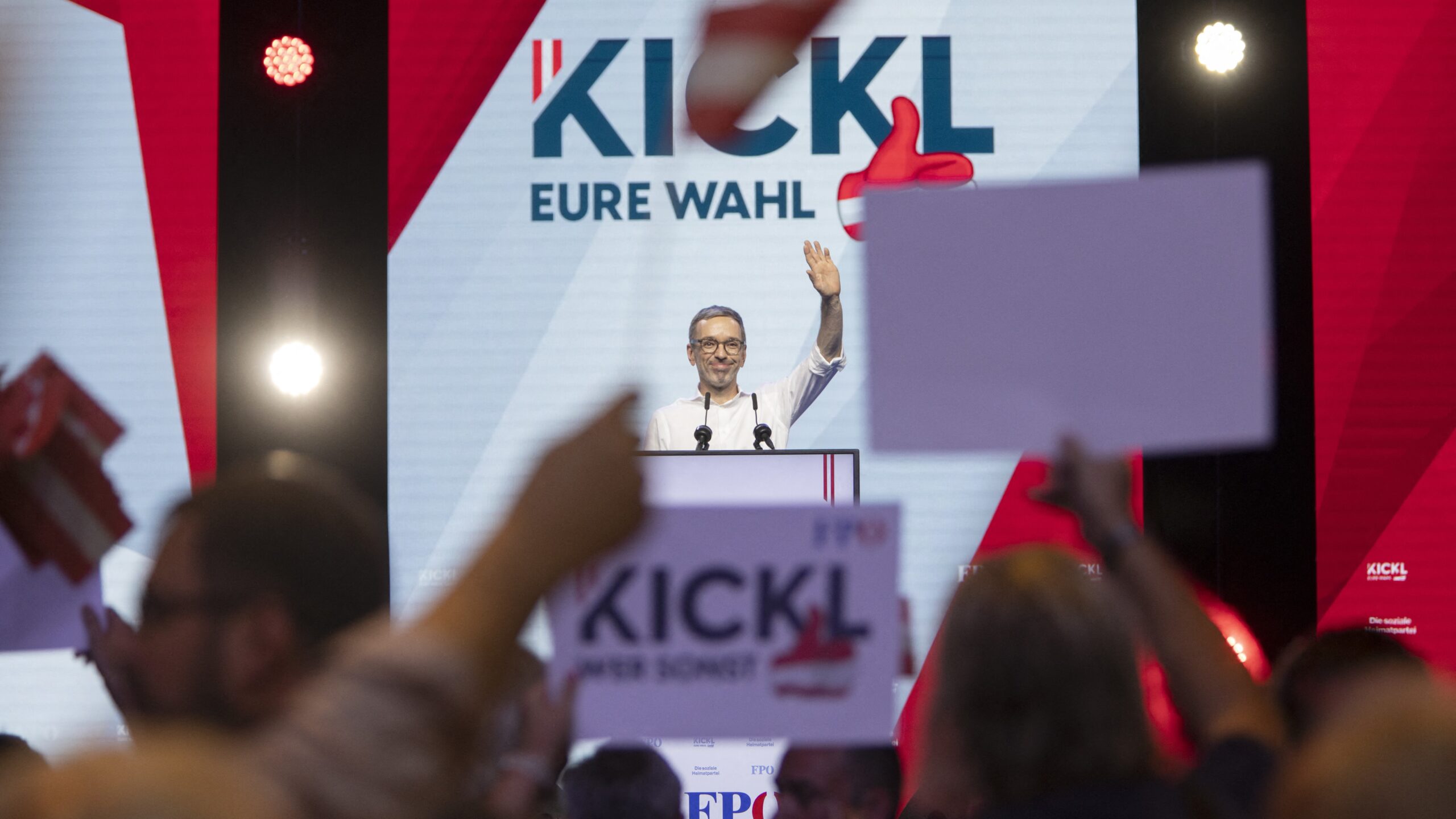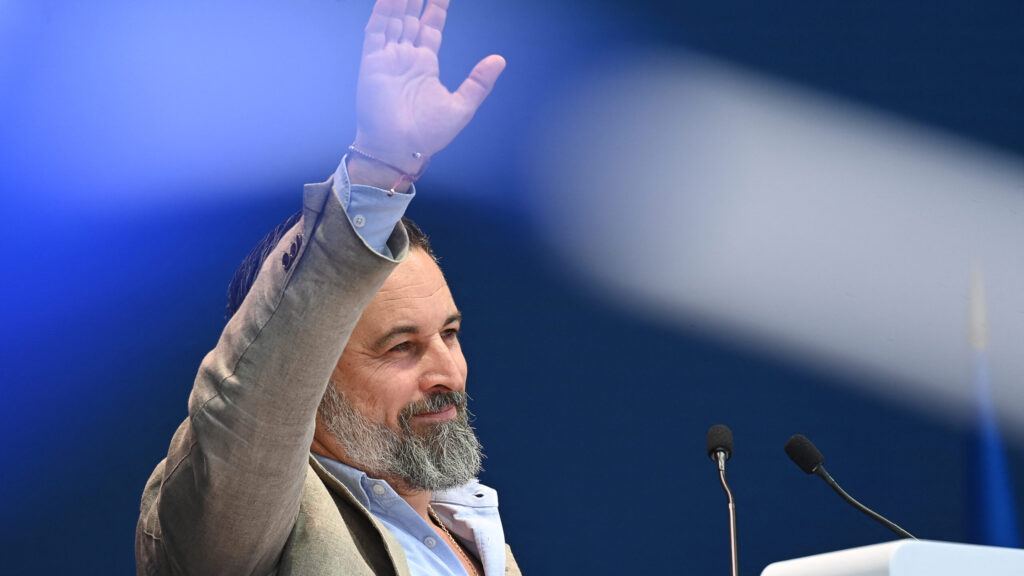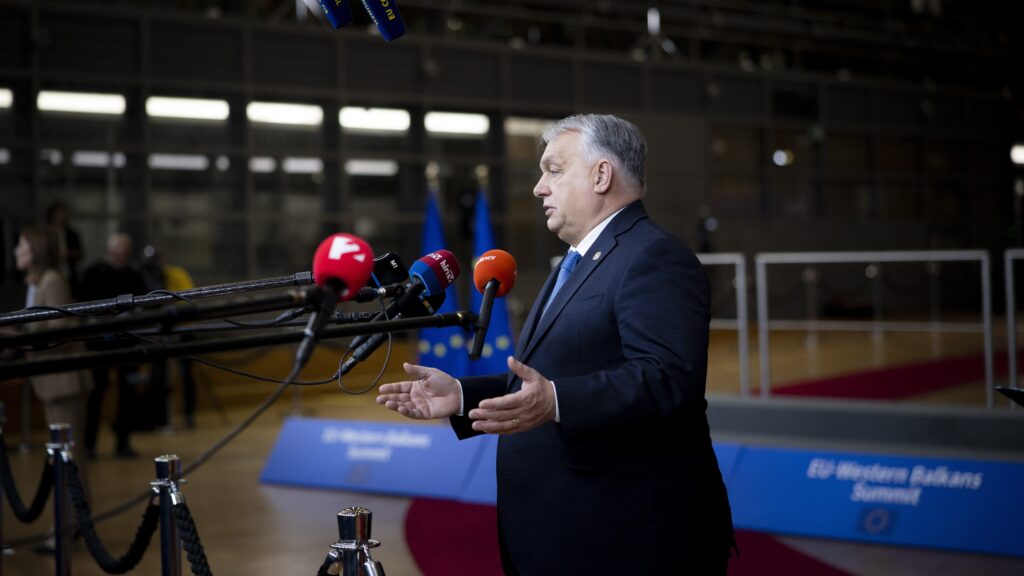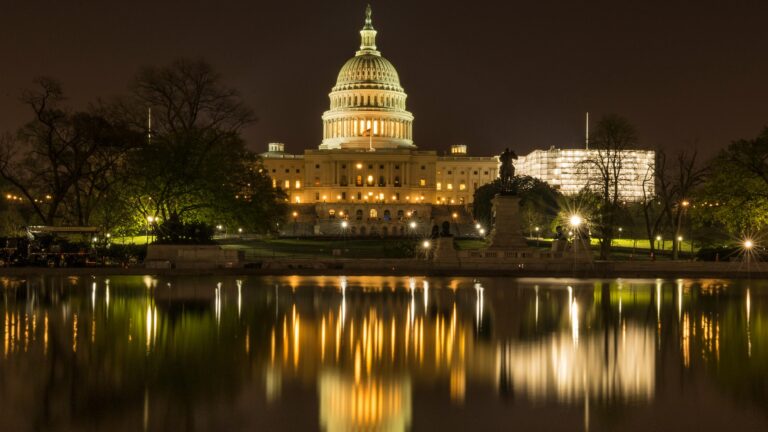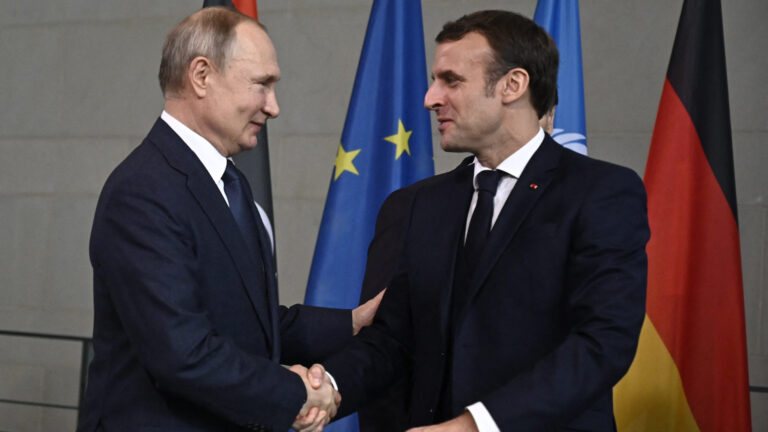Austria’s political scene has weathered a series of turbulent years, and the 2024 elections will be pivotal in determining the country’s future direction. The outcome will not only shape Austria’s domestic political landscape but could also redefine its role within the European Union. The economic and political crises of recent years—from the COVID-19 pandemic and inflation to scandals involving parties such as Sebastian Kurz’s Austrian People’s Party (ÖVP) and Heinz-Christian Strache’s Freedom Party of Austria (FPÖ) —have left a lasting impact on the Austrian electorate.
The Fall of Kurz and ÖVP’s Decline
Sebastian Kurz’s resignation in 2021 plunged the Austrian People’s Party (ÖVP) into a serious crisis. Under Kurz’s charismatic leadership, the ÖVP had successfully rejuvenated itself, enjoying 46 per cent support in early 2020. However, after his departure the party’s popularity plummeted, reaching just 20 per cent by 2022, making it the weakest of Austria’s three major parties. While the ÖVP struggled for years after Kurz’s exit, it has shown gradual improvement under the leadership of Karl Nehammer, currently polling at 23 per cent.
SPÖ: Hampered by Internal Conflicts
The Social Democratic Party of Austria (SPÖ) was leading the polls with a solid 30 per cent support in 2020. However, recent years have steadily declined in popularity due to internal strife and crises, including the scandals surrounding Babler’s election and corruption issues in Linz. These issues have weakened the party, which now stands at just 20 per cent in the polls as of 2024, under pressure from internal criticism and organisational challenges.
FPÖ: Stable on the Populist Right
Following the 2019 Ibiza scandal, the Freedom Party of Austria (FPÖ) faced a significant crisis of credibility, with its support plummeting. However, through a systematic rebuilding strategy and targeted social media campaigns, the FPÖ has once again emerged as a dominant force in Austrian politics. By 2023, the FPÖ had taken the lead and is now Austria’s strongest party, with a 27 per cent support. Their primary focus remains on migration and economic issues, and their radical anti-immigration stance is often compared to the policies of Hungary’s Prime Minister, Viktor Orbán.
Latest Polling Data (30 August 2024)
The most recent poll by Lazarsfeld Gesellschaft, commissioned by the news website oe24, shows the following:
- FPÖ: 27 per cent – a slight decline from their near 30 per cent record
- ÖVP: 23 per cent – gaining ground on the SPÖ and narrowing the gap with the FPÖ
- SPÖ: 20 per cent – continuing shrinking amid internal crises and the Linz corruption scandal
- NEOS: 12 per cent
- Greens: 8 per cent
- Beer Party: 4 per cent
- Communist Party (KPÖ): 3 per cent
What Is at Stake in the Election?
The Economy: Debt Management and Austerity
2024 economic issues will dominate Austrian political discourse, particularly concerning the country’s high debt levels, which have ballooned due to the pandemic and inflation. The FPÖ advocates for tax cuts and economic stimulus, including lowering tax rates and providing support for small businesses. The ÖVP similarly proposes a focus on fiscal prudence but opposes harsh austerity measures.
The Social Democrats (SPÖ) prioritise workers’ rights and aim to penalise companies that fail to pay overtime. They also support the introduction of a four-day workweek in certain sectors, with equal pay.
Climate and Technology: Under the Shadow of Green Policies
For the Greens, climate protection will remain a central issue in the 2024 elections. The ÖVP supports technological innovation and a transition to a green economy, while the FPÖ refuses to distance itself from Russian gas, arguing that it is vital for Austria’s energy security.
Party Programmes and Strategies
Freedom Party of Austria (FPÖ)
The FPÖ’s focus is on migration and economic policy. As Austria faces significant debt accumulated during the pandemic and inflation, the economy is a key priority for the Freedom Party, as it is to all parties.
- Economic measures: Reduction of the tax rate from 43 per cent to 40 per cent and cutting corporate taxes for small businesses from 23 per cent to 10 per cent, .cutting non-wage labour costs
- Youth support: A one-time bonus of €5,000 for young people completing vocational training and incentives for those working beyond 60 years of age
- Energy policy: Russian gas to remain crucial and rejection of the severing of ties with Russia
- Migration policy: Inspired by Viktor Orbán’s policies, the FPÖ aims to reduce immigration to zero and would stop accepting asylum applications, limiting social benefits to Austrian citizens only.
Austrian People’s Party (ÖVP)
The ÖVP’s main concerns are the economy, migration, and security.
- Economic stance: Instead of austerity measures, ÖVP seeks to save €4 billion by reducing subsidies.
- Technological openness: Supporting innovation in climate protection
- Labour market: Making executive positions more attractive, making overtime tax-free
- Migration and security: Increase of deportations and prevention ‘welfare migration’. The party also propose cutting social benefits for those who could work but choose not to.
- Tax policy: A general tax reduction programme, including cuts to non-wage labour costs
- Security measures: Monitoring of messaging services
Social Democratic Party of Austria (SPÖ)
The SPÖ focuses on traditional social democratic issues, particularly children’s and workers’ rights, and proposes the following:
- Labour measures: Punishing companies for unpaid overtime, introducing a six-week holiday, and supporting the implementation of a four-day, 32-hour workweek
- Digitalization: Advocating for the ‘right to live without the internet’, particularly for older citizens
- Transport: Expansion of public transport ‘to the doorstep’
- Environmental protection: Ban on private jets
- Tax policy: Introduction of a wealth tax and inheritance tax and abolishing of VAT on essential food items
- Children’s rights: Prioritizing the protection of children’s rights
- Migration policy: Fair distribution of refugees across Europe, treating asylum as a fundamental right
Potential Coalition Scenarios
- FPÖ–ÖVP coalition: While their programmes share some similarities, this coalition would face widespread public opposition. Karl Nehammer (ÖVP) has stated that he would not form a coalition with an FPÖ led by Herbert Kickl. However, if Nehammer remains the ÖVP’s candidate for Chancellor, cooperation could be possible.
- ÖVP–SPÖ coalition: Currently, they do not have the necessary majority.
- ÖVP–SPÖ–Greens: Unlikely, as relations between the ÖVP and Greens have become strained.
- ÖVP–SPÖ–NEOS: This would be the most likely three-party coalition if the goal is to exclude the FPÖ.
The Role of the President in the Forming of Coalitions
While the FPÖ is likely to win the election, this does not guarantee they will be tasked with forming the government. Federal President Alexander Van der Bellen will decide who receives the mandate to form a government. Traditionally, the strongest party is given this opportunity, but Van der Bellen has indicated that he will only assign this task to a party that upholds pro-European and democratic values. This could mean certain politicians, such as Herbert Kickl, may be barred from holding ministerial posts, preventing him from becoming Chancellor.
Conclusion: A Turning Point for Austrian Politics
The 2024 elections will be crucial for Austria’s political future. The country faces significant challenges, from economic austerity to migration and climate protection, all of which will generate intense debates during the election campaign. While the FPÖ’s rise ought to bring radical changes, it remains uncertain whether they will secure a place in government. The coalition negotiations are expected to be complex, and Austria’s political landscape could undergo significant changes in the coming years. What is clear, however, is that Austria, as a non-NATO country, will remain a key security player in Europe, and it is almost certain to remain the most right-leaning wealthy Western country. Whether the ÖVP allies with the left or the far right, it faces a delicate balancing act that could shift the electorate even further towards the FPÖ. Regardless of the outcome, Viktor Orbán’s direct ally is set to win Austria’s election, a development that will undoubtedly provoke serious reflection across the West.

